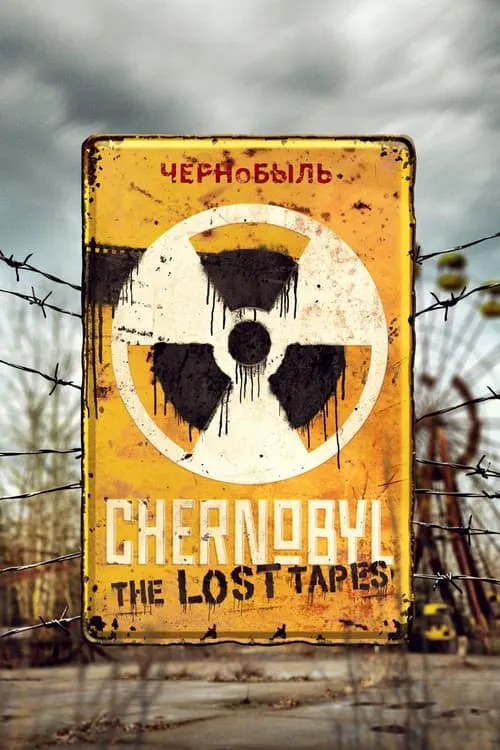Chernobyl: The Lost Tapes

Plot
Chernobyl: The Lost Tapes is a harrowing and deeply unsettling documentary that delves into the traumatic events surrounding one of the most catastrophic nuclear disasters in human history. On the 26th of April 1986, a catastrophic explosion occurred at the Chernobyl nuclear power plant, situated in the Ukrainian Soviet Socialist Republic, which was then part of the Soviet Union. The disaster released an enormous amount of radioactive material into the environment, contaminating a vast area and affecting more than 500,000 people. The documentary, which is built around previously unseen archival footage and personal testimonies of those who lived through the tragedy, paints a visceral and unflinchingly honest portrait of the disaster's impact. Viewers are plunged into the midst of the chaos and confusion as the explosion occurred, with people struggling to comprehend the magnitude of what was happening. The footage shows the immediate aftermath of the blast, as the city of Pripyat was hastily evacuated and soldiers were dispatched to "liquidate" the radioactive waste and prevent further damage. One of the most striking aspects of Chernobyl: The Lost Tapes is its detailed examination of the government's response to the disaster. As is revealed through the testimonies of those involved, the Soviet authorities worked tirelessly to conceal the full extent of the disaster, downplaying its severity and minimizing its impact on the population. This cover-up led to the widespread contamination of food, water, and air, causing irreparable harm to many people who were exposed to radioactive fallout. The documentary sheds light on the heroic efforts of those who risked their lives to mitigate the disaster. A group of brave Liquidators, led by the indefatigable scientist Valery Legasov, descended into the heart of the disaster zone to contain the radioactive material. These unsung heroes worked tirelessly for months, often despite knowing that their exposure to radiation might be fatal. Their bravery and sacrifice are a powerful testament to the human spirit's capacity for selflessness in the face of unimaginable adversity. In addition to the personal stories of sacrifice and bravery, Chernobyl: The Lost Tapes also delves into the broader social and political context that made the disaster possible. The documentary explores how the Soviet Union's secretive and hierarchical system of government contributed to the tragedy, enabling a culture of cover-up and concealment that ultimately led to catastrophic consequences. This broader context serves as a poignant reminder that the true extent of the disaster extends far beyond its immediate physical impact, into the realms of politics, ethics, and human accountability. The film also highlights the devastating long-term effects of the disaster on the surrounding region. The abandoned city of Pripyat, once a thriving metropolis, now lies as a haunting testament to the lasting legacy of the disaster. The documentary shows images of the ghostly, decaying buildings, which have been reclaimed by nature, and interviews with survivors who still suffer from physical and psychological trauma. Perhaps one of the most poignant aspects of Chernobyl: The Lost Tapes is its emotional impact on the viewer. Witnessing the unvarnished truth of this tragedy is a profoundly disturbing experience that forces you to confront the unimaginable consequences of human error and neglect. The documentary's archival footage is accompanied by poignant music and haunting imagery, which masterfully build a sense of tension and foreboding. The cumulative effect is to leave the viewer feeling stunned, moved, and ultimately, humbled. Chernobyl: The Lost Tapes is a masterpiece of investigative filmmaking, a film that is unafraid to confront the darker aspects of human history. It is a tribute to the memory of the victims of the disaster, a testament to the bravery and sacrifice of those who risked everything to mitigate the tragedy, and a searing indictment of a system that enabled its catastrophic consequences. This powerful and moving documentary is a must-see for anyone interested in one of the most significant events of the twentieth century.
Reviews
Recommendations




